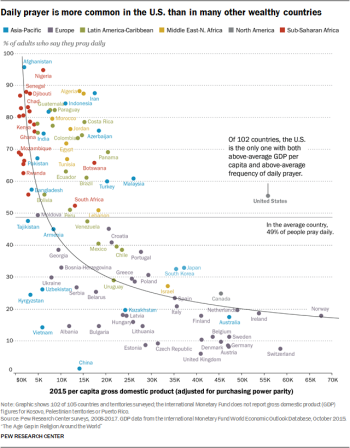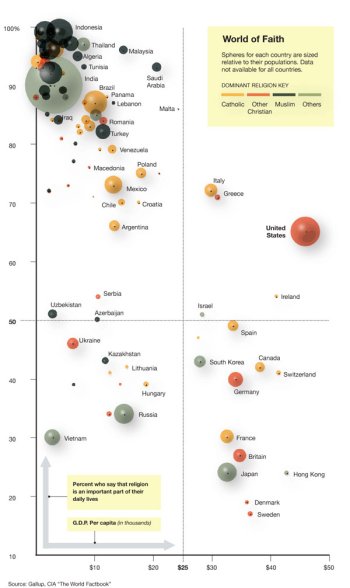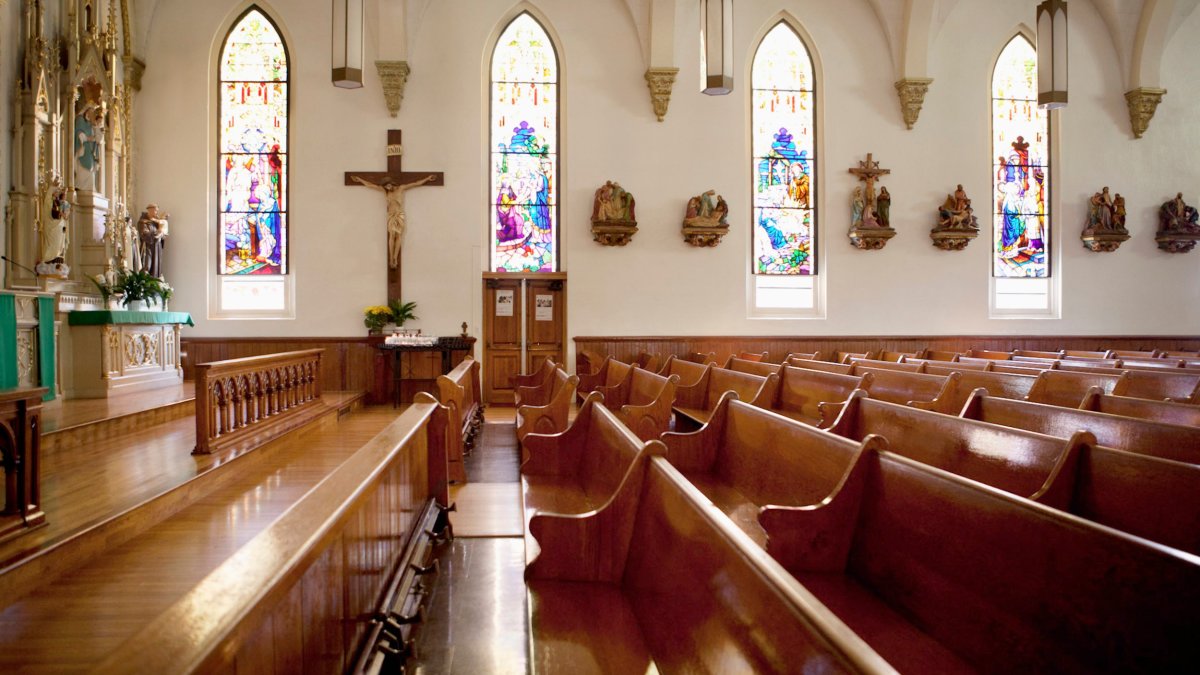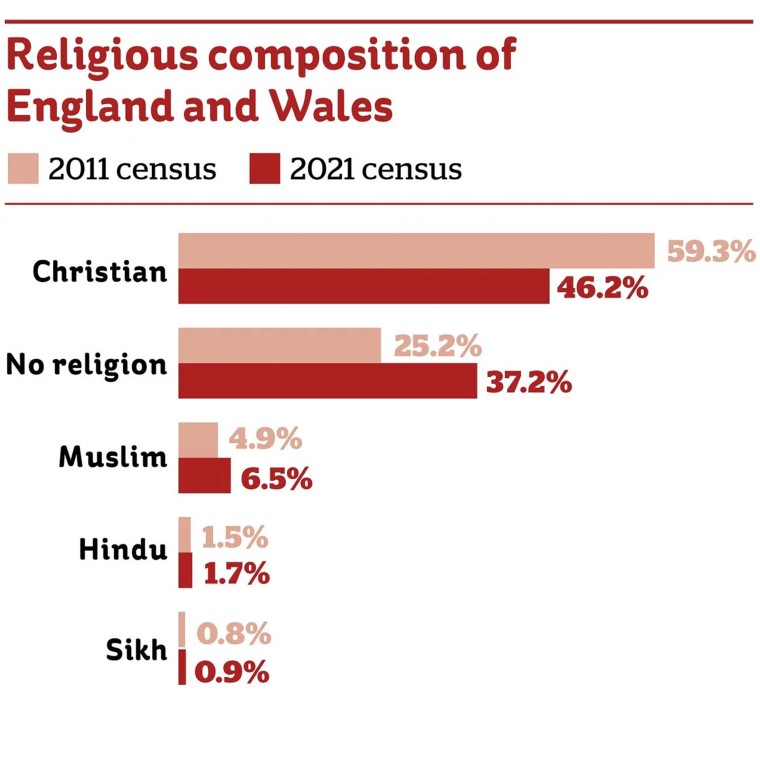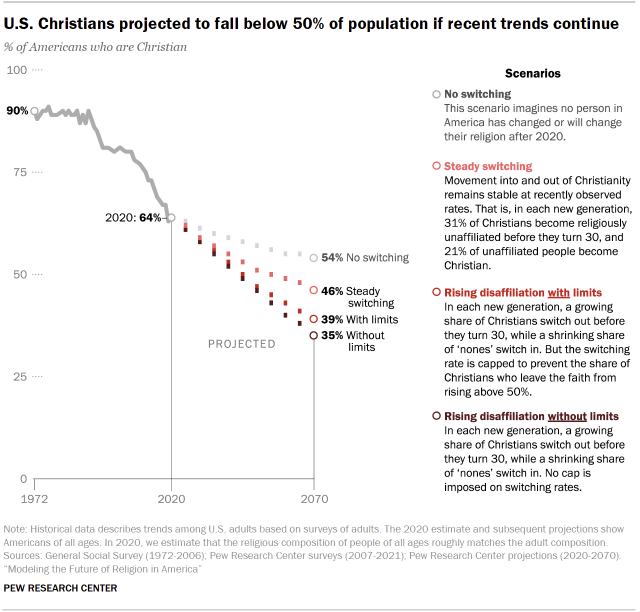And richer countries tend to be less religious with the U.S. being a hard exception (which is a leading cause for the cultural division here). Let’s be honest, if one believes there will be an afterlife full of rainbows and butterflies, they will be less likely to make the most out of this life. If less people believe in God, all of a sudden there’s this greater responsibility to improve the standard of living, in other words belief in God is correlated with holding back society from advancing. I think one of the main reasons America in particular is both wealthy and religious is due to religious freedom and having so many competing faiths. Christianity is on the decline in the U.S. however, and wherever Christianity is booming, you’ll notice it’s in the poorer countries. It is of no surprise that Christianity is growing rapidly in South America, Africa, and Asia-continents that are home to some of the highest poverty levels in the world.
